Picture this scenario: it’s just another weekday afternoon at a busy London shopping centre when a potential theft is stopped. The interesting part? This act isn’t initiated by a security guard on the ground, but by a sharp-eyed CCTV operator monitoring multiple camera feeds from a quiet control room. Within seconds, they alert the floor staff, coordinate a response, and prevent an incident—all without ever leaving the room!
This is the power and responsibility held by professionals across the UK holding a licence for CCTV. And, with an increasing number of public and private spaces relying on surveillance technology for safety, the demand for skilled operators is rising.
But what exactly can you do once you’ve gotten your SIA CCTV licence? Let’s explore the top career paths available and how to get started.
Overview – What You Can Do with an SIA CCTV Licence
- Qualify to work legally as a CCTV operator under UK law
- Monitor public space surveillance systems in real-time across various sectors
- Apply for roles in retail security, events, local councils, healthcare, and corporate offices
- Assist in crime prevention and support emergency services
- Operate within CCTV control rooms or mobile units for events and temporary setups
- Boost your career in the private security sector with a recognised SIA qualification
- Combine with other SIA licences, like the Door Supervisor licence, for broader opportunities
Job 1 – CCTV Control Room Operator
Control room operators are central to any surveillance operation. Working from secure environments, they monitor dozens of live camera feeds, often using advanced software to track suspicious behaviour across large sites.
These professionals often work in:
- Shopping centres
- Hospitals
- Transportation hubs
- City-wide council surveillance units
Responsibilities include compiling evidence for investigations, writing detailed reports, and escalating issues to emergency services. This role requires high concentration, technical awareness, and quick decision-making.
Job 2 – Retail CCTV Officer
Retail CCTV officers play a critical role in reducing theft, fraud, and anti-social behaviour in high-footfall environments such as:
- Supermarkets
- Fashion outlets
- Shopping centres
Operators collaborate closely with in-store security teams and store detectives to observe suspects, manage evidence, and de-escalate incidents. This is one of the most common entry-level roles for new licence holders, offering steady work and flexible hours.
Recommended Read: The UK Retail Industry
Job 3 – CCTV Operator for Local Councils
Local councils operate extensive CCTV networks to protect residents, especially in urban or high-crime areas. As a council-employed CCTV operator, you may monitor:
- Town centres
- Public transport stations
- High streets and parks
- Car parks and housing estates
You’ll work closely with police and council teams, providing footage that supports investigations, reduces crime, and improves community safety. According to official CCTV licensing requirements by the UK government, council-run systems must be operated by trained professionals with a valid licence.

Job 4 – Event Security Surveillance Operator
Festivals, concerts, and sports matches rely on temporary or mobile surveillance systems. CCTV operators here are vital to managing crowd safety, spotting potential dangers, and ensuring smooth event operations.
This role is often available through event security companies or contracts and is especially in demand during summer and festive seasons. It also pairs well with a Door Supervisor licence, increasing your eligibility for more event-based roles.
Job 5 – Corporate or Office Building CCTV Operative
Corporate CCTV operatives ensure security in:
- Office buildings
- Tech campuses
- Private business parks
You’ll monitor entrances, manage access control, and document any incidents, working closely with on-site reception teams or contracted security personnel. These jobs often offer regular working hours and long-term contracts, ideal for those seeking more structured employment.
Recommended read: Skills Gained With CCTV Training
What Employers Look for in CCTV Licence Holders
While the licence is a must, employers also seek candidates who:
- Have excellent attention to detail
- Stay calm under pressure
- Are familiar with CCTV equipment and software
- Can write clear incident reports
- Communicate confidently and professionally
Being proactive, responsible, and tech-savvy can significantly boost your career prospects in this field.
Why Now Is a Good Time to Get Your SIA Licence for CCTV
CCTV coverage in the UK continues to expand, and there are several benefits of CCTV training. With rising concerns around public safety, crime prevention, and emergency preparedness, trained surveillance professionals are more essential than ever.
Advancements in AI-powered video analytics and smart city infrastructure are creating new opportunities for CCTV professionals in both the public and private sectors. The evolving security technology also calls for licensed CCTV operators. Whether you’re switching careers or just getting started in security, there’s never been a better time to get licensed.
Check out our podcast “Mastering CCTV” for more insights on careers, licensing regulations, and training FAQs.

How to Get Your SIA CCTV Licence with Get Licensed
Getting your licence for CCTV starts with the right training, and Get Licensed makes the process straightforward and accessible.
First, you’ll need to complete a 3-day Public Space Surveillance (CCTV) course. This CCTV training course covers everything from operating surveillance systems to legal responsibilities and emergency procedures.
After passing both the written and practical assessments, you can apply for your licence through the official SIA website.
With Get Licensed, you’ll benefit from:
- Nationwide training locations across the UK
- Blended learning options (online study with an in-person exam)
- Step-by-step support through your application
- Transparent pricing, with course fees starting from £219.99
We’ve helped over 300,000 people start their careers in security—and we can help you too.
FAQs About CCTV Jobs and the SIA Licence
1. What is the average salary for a CCTV operator in the UK?
CCTV operators can earn £3,500–£5,000 per month, depending on their location and employer. Some roles in London pay higher due to the cost of living.
2. How much does the CCTV course cost?
Courses start at £219.99, depending on location.
3. Do I need any previous experience?
No experience is needed. Anyone over 18 can take the course and apply for the licence.
4. How long is the CCTV licence valid?
The SIA CCTV licence is valid for 3 years, after which you’ll need to renew it.
5. Can I do the training online?
Yes, you can complete two days online and attend a final in-person assessment. Explore the CCTV syllabus for more information about the course structure.
6. What shift patterns do CCTV operators work?
Expect a mix of day, night, and weekend shifts, especially in 24/7 environments like hospitals or shopping centres.
7. Can I work more roles if I hold other SIA licences?
Yes! Combining your CCTV licence with a door supervisor licence or security guard licence can open more opportunities in the security industry.
8. How long is the CCTV operator training?
The course spans three days, covering two training modules and assessments.

Ready to Start Your Career in CCTV Security?
A career in CCTV is more than just watching screens—it’s about making real-time decisions that protect people, property, and public spaces.
Whether you’re looking for flexible work, a long-term role, or a stepping stone into broader security careers, the SIA licence for CCTV is your starting point.
Book your CCTV training course today with Get Licensed and take the first step toward a future in surveillance security.





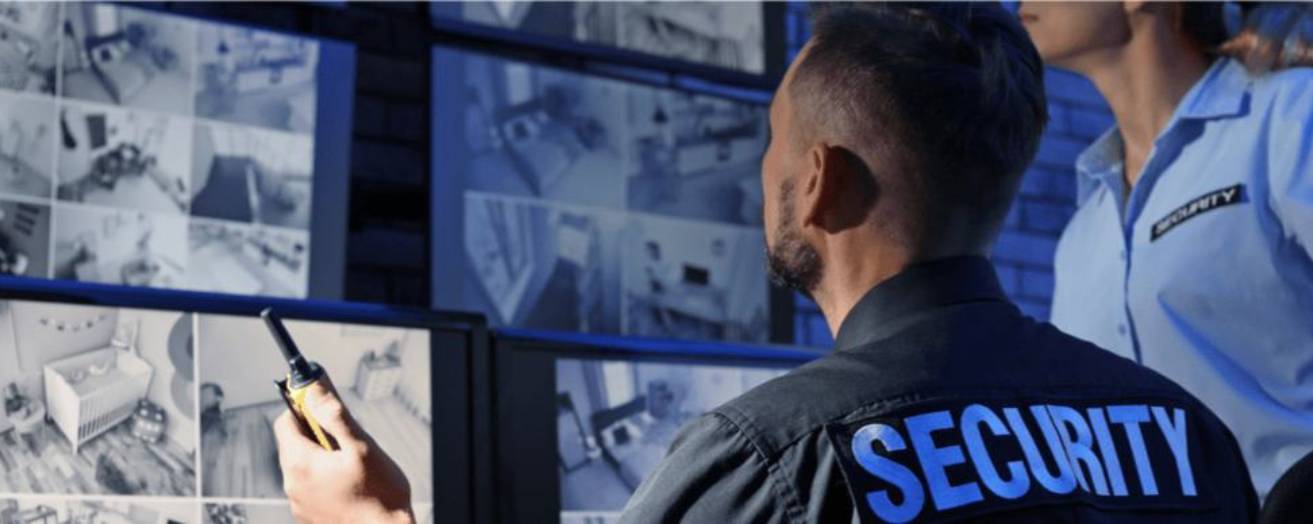
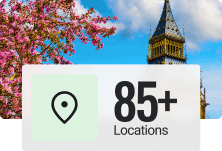

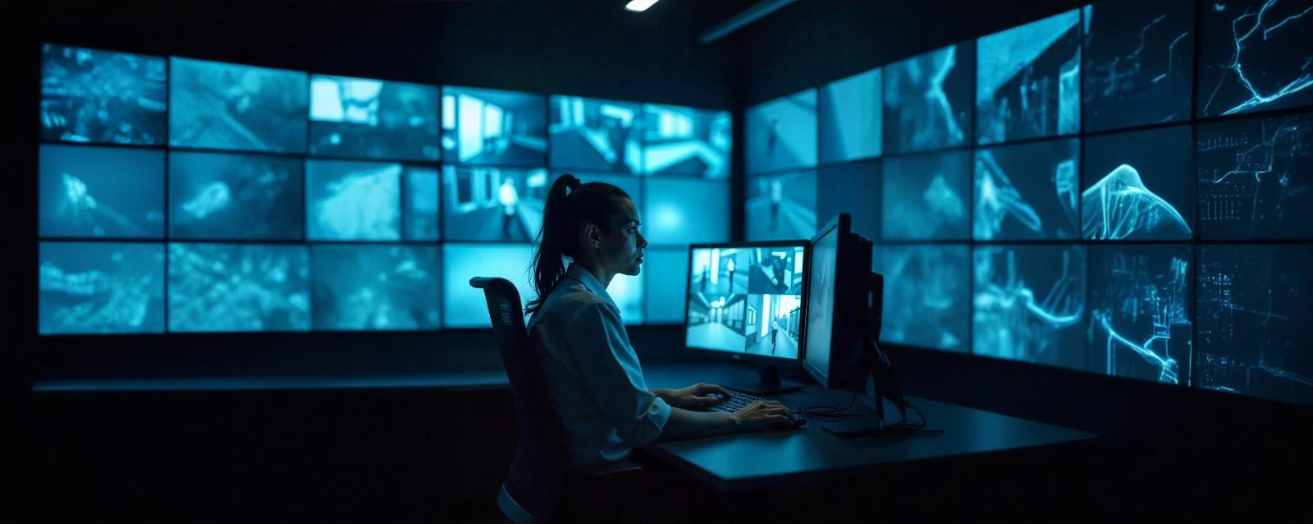


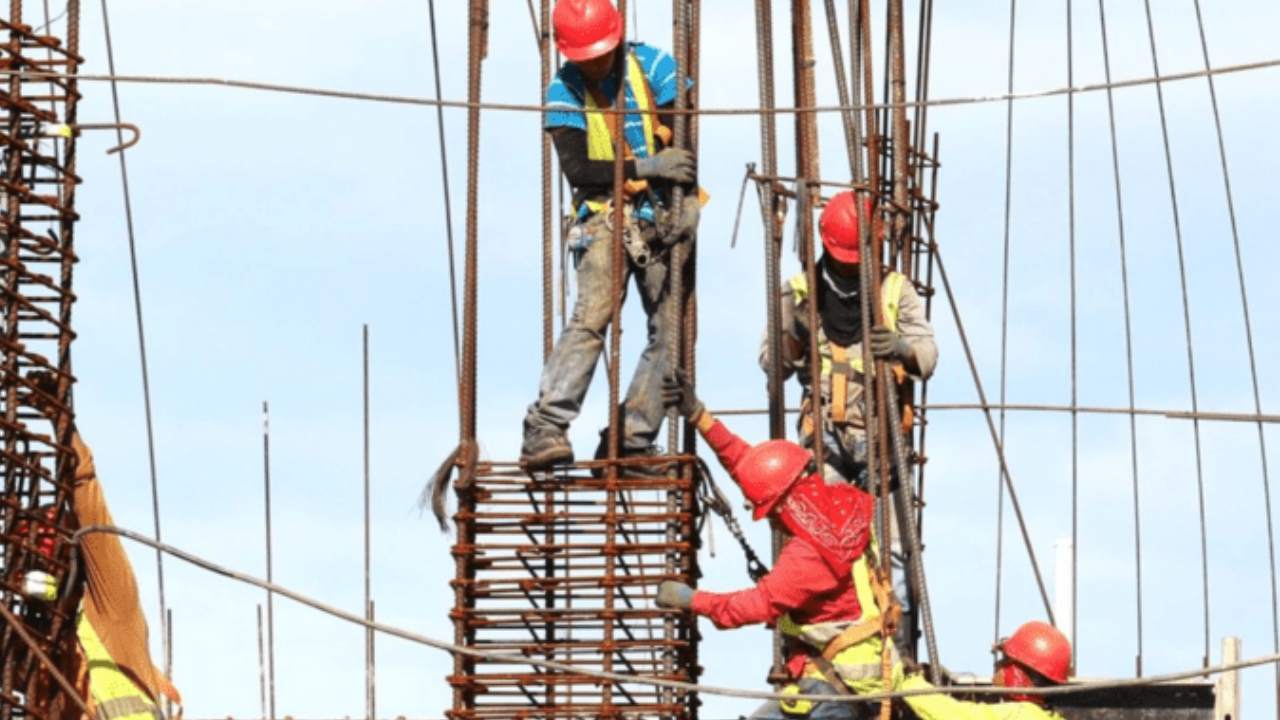
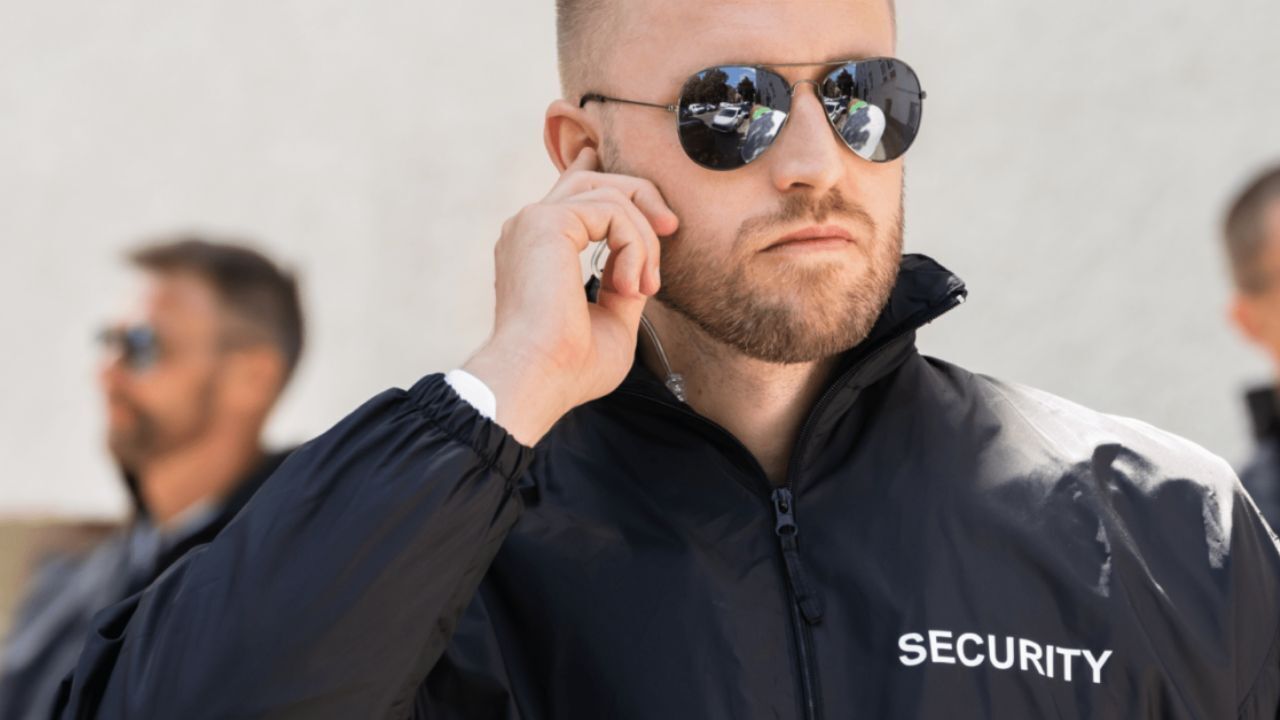
Leave a Reply